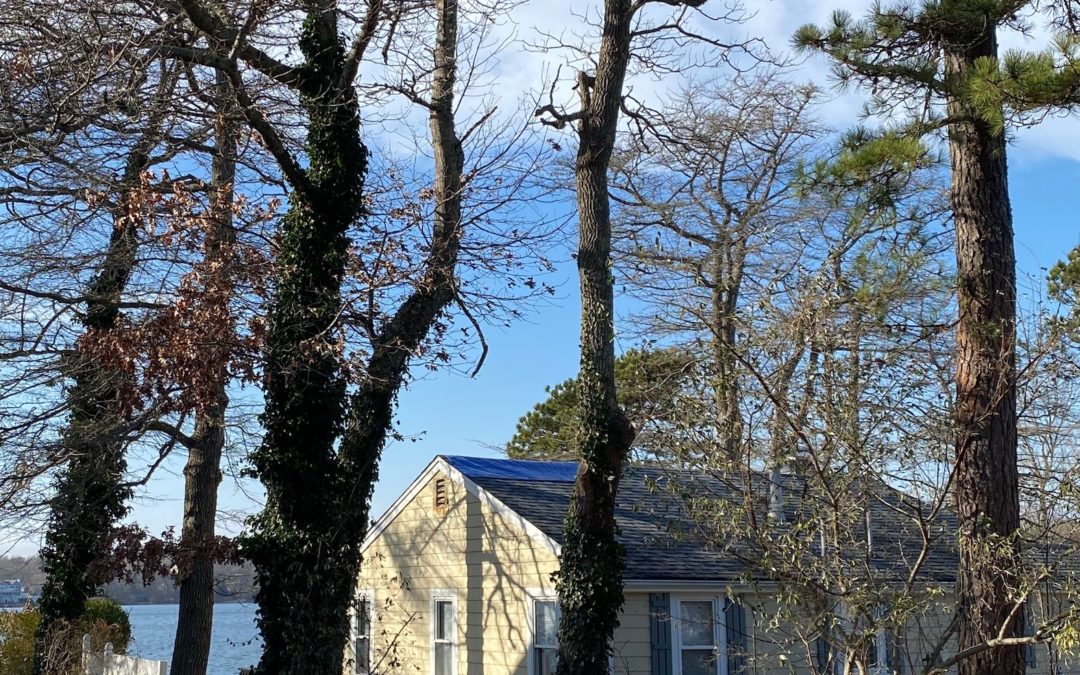Years ago, I had a neighbor who would literally strap himself with a plastic backpack full of herbicides and eradicate all of his “weeds.”
A summer person mostly, he’d taken to living here on John’s Pond year-round for some reason or another. In the spring, and with the blossoming of the tender heads of dandelions, we would wake to the sounds of a pumping mechanism followed by a weird belching, over and over. Peering out the window with our coffee, there he was, making his lawn free of anything but green grass. The grass? He fertilized that with something else.
Before I knew anything about the impacts of all of this 23+ years ago, I certainly knew this was a bad thing he was doing. That poison meant to kill a plant down its very roots in the soil, can’t just disappear.
Like Rachel Carson said: “If we are going to live so intimately with these chemicals eating and drinking them, taking them into the very marrow of our bones – we had better know something about their nature and their power.”
What’s strange is that we do know. We know and we continue on, thinking what we do, doesn’t matter in the large scheme of things. It does though.
When the neighbor offered to take care of my dandelions too, I politely said no adding “aren’t you worried having all of that poison on your back?”
This went on for years.
“I’ve been through worse,” he’d say and continue on.
We haven’t seen him in years now and I’m afraid to ask why.
When you start unpacking just why our Cape ponds are dying and why we have so many water quality issues, I’m sure you could also tell me a story about “that neighbor.” Those neighbors add up. And that’s just what we can see. As we continue to learn more about the Cape’s water quality issues, fight our neighbors on Joint Base Cape Cod building a machine gun range on top of the Upper Cape’s sole source water aquifer and how many neighbors still have cesspools, or haven’t pumped their septic systems in a decade, we might want to scream. We might want to give up. But I would advise against doing that. I would urge you to find something manageable to work for. It could be something as simple as learning more about what’s happening with your nearest pond, writing a letter to an editor, creating an art project around water or volunteering for an organization because you just realized, the ripple effects have touched your life too.
Years ago, a wise friend of mine in the sustainable textile movement summed up our work battling mega-mall chains from exploiting people and planet: “It’s not that we will ever win the battle, but we can at least push back the charge.”
I think about that a lot. I make sure my coffee is strong every morning and my boots are on tight.
Image: John’s Pond(not the neighbor’s house fyi!)
Got a Pond Story you want to share? Email Kristin Andres [email protected]
Pond Stories are a collection of writings from Cape Codders and visitors who love the 1000 local ponds that dot the Cape. We hope this collection of stories, that are as much endearing as they are environmentally aware, will awaken your inner environmentalist to think deeper about our human impacts to these unique bodies of water. Check out these valuable resources to learn more about the current challenges Cape Cod ponds are facing and how you can be a better pond steward in your town.


